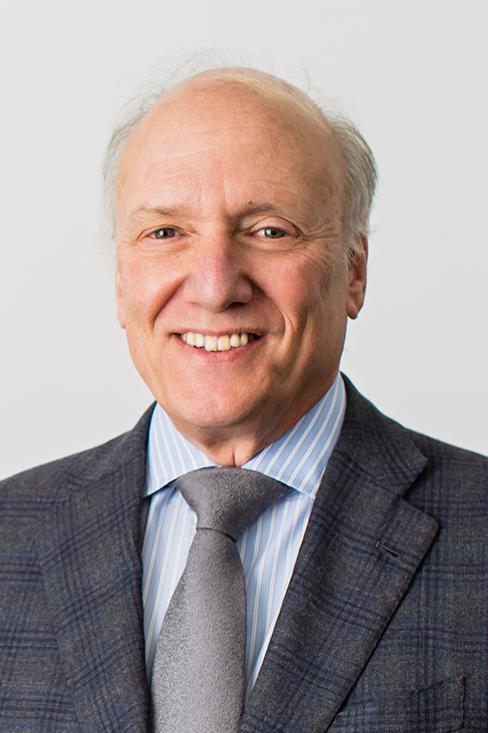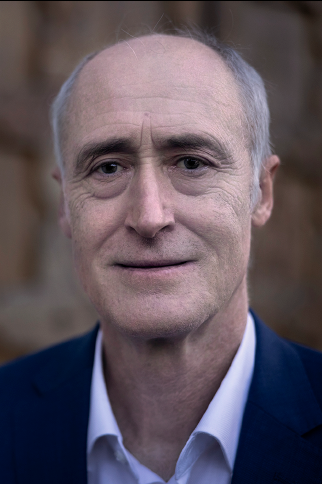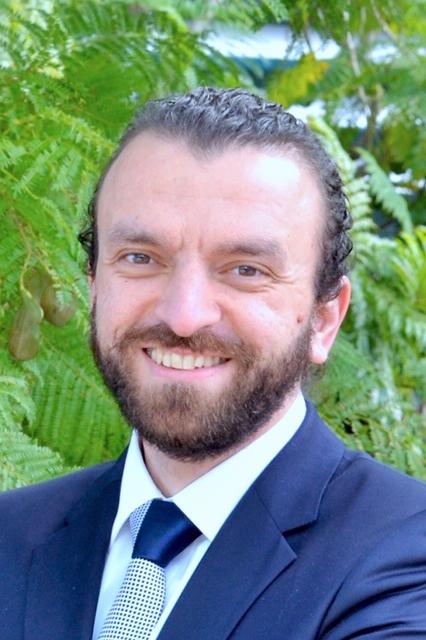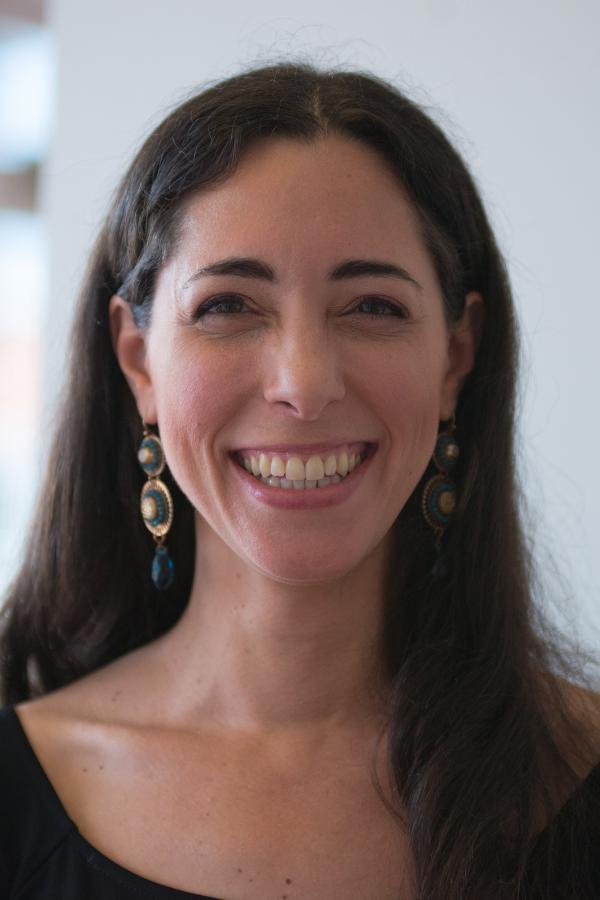Sleep is Essential for Health - World Sleep Day Pre-Event
Event Details

Sleep is a universal process that is unavoidable in humans, and global societies are structured with this in mind. Thus, sleep is not just a physiological process, but one represented within sociocultural institutions. Disturbed sleep is associated with a magnitude of adverse health and brain health outcomes and poses a tremendous burden at the individual and societal levels.
This session, led by the Global Atlantic Fellows for Equity in Brain Health, emphasizes the relevance and the growing interface between sleep, health/brain health, and society. It aims to encourage global leaders in brain health, and also the general public, to turn their minds to sleep health and consider its implications for their work and life.
Goals
- Understand sleep science essentials: What is sleep? Why is it important? Development of the sleep-wake cycle and changes during the lifespan.
- Describe how sleep is regulated: Biological clock drives a circadian rhythm and homeostatic drive, also known as sleep pressure. Understand how these processes can be disturbed.
- Conceptualize sleep health within the broader understanding of health/brain health and functioning: Monitor sleep health on a time continuum. Understand and apply basic sleep hygiene rules.
Speakers
Global Atlantic Fellows for Equity in Brain Health:
- Sandra Giménez, Neurophysiologist (Spain)
- Tatyana Mollayeva, Epidemiologist (Canada)
Joined by GBHI Community Members:
GBHI Leadership:
- Bruce Miller, Neurologist (US)
- Brian Lawlor, Geriatric Psychiatrist (Ireland)
Global Atlantic Fellows:
- Neus Falgàs, Neurologist (Spain)
- Fasihah Irfani Fitri, Neurologist (Indonesia)
- Dominic Gately, Actor, Writer & Theater-Maker (Ireland & UK)
- Muthoni Gichu, Gerontologist (Kenya)
- Elissaios Karageorgiou, Neurologist (Greece)
- Yue Leng, Epidemiologist (China & US)
- Jenny Zitser, Neurologist (Israel)
Moderator:
- Camellia Latta, Alumni Relations & Special Initiatives, GBHI
Audience
Open to the Global Brain Health Institute’s community and the public.
Speakers
This event is open to the public. Register at the link below.













